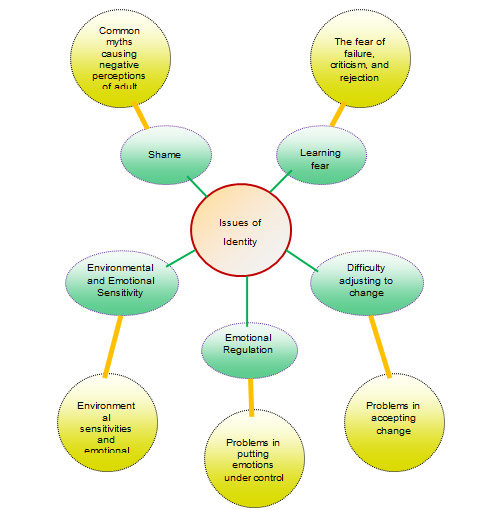The modern society places intense efforts in the continuous search of information about several phenomena that need answers. The process has resulted in the achievement of crucial milestones in several disciplines; hence, a little slumber may impact negatively on the ability of an individual to cope with the changing needs of the society.
A few decades ago, during the first discovery of the computer, the common person did not realize the hidden potential of the discovery. However, as the society got deeper into the information age, the applicability of the computer increased; today, almost all activities, jobs and daily lives revolve around the computer.
Currently, a gradual reduction in the global illiteracy levels takes place because people of all ages have taken the step to make a difference (Timarong, Marianne & Wilma, 2003). In fact, the adult population is much on the front line searching for lost accomplishments. However, adult learners experience several problems such as identity issues. In this paper, the author exposes some of the main problems faced by adult learners.
In their quest for knowledge, adult learners have experienced difficulties coping with younger or even fellow adult learners due to several reasons (Timarong et al., 2003). In the following mapping diagram, the relationship highlights how several emotional factors affect their learning process. Thereafter, a detailed description of the factors affecting their learning process follow and possible remedies suggested.

Figure 1: Adult Learning Problems Mapping diagram.
Detailed Analysis
As shown in the mapping diagram (figure 1), the five key identity problems that affect adult learners include; shame, fear, environmental and emotional sensitivity, emotional regulation, and difficulties in adjusting to change. These factors combined, limit the level of achievement that adult learners can attain because their depressing function.
Several studies show that adult learners are prone to identity problems because of a feeling of being incomplete, and can be made even worse by small challenges (Timarong et al., 2003). The following paragraphs will expose how these factors make adult learning unbearable for some.
First of all, several adult learners become victims of shame especially in situations where they mix with young students. An adult person may have a problem accepting oneself when he or she lacks some essential abilities that every other person has. This scenario makes a person particularly uncomfortable and eliminates the confidence associated with intelligence.
Secondly, fear causes even more problems when an individual doubts the outcome of a situation facing him or her. In several occasions, adult learners will not prefer to participate in tricky ideas because of the fear of exposing their lack of knowledge and possible ignorance (Lieb, 1991). Now that is fear. Perfect examples of cases of fear include the fear of rejection, criticisms and failure. With fear, the learning process becomes painful, and realization of success becomes negatively impacted.
Thirdly, the environmental and emotional stability of an adult learner may be easily affected due to an increased rate of irritability as people get older (Lieb, 1991). It becomes terribly difficult for one to accept a variation in how things should be viewed. Since older people grew in slightly different set ups, they remain partly attached to that fact; hence, the resisting force reduces the rate of learning and flow of knowledge.
Fourthly, emotional regulation accounts for another key problem faced by adult learner. The fact a person takes a step to improve knowledge in a certain area should not necessarily mean that the person lacks in any way. Several adult learners become victimized in such situations because of lacking the ability of controlling their emotions. Individuals may feel despised, and their learning process becomes negatively affected.
Lastly, difficulties in accepting change form another immense problem that affects adult learners. In several situations, individuals leave their families in order to take serious classes that would improve their abilities, as well as, the chances of improving the lives of family members (Lieb, 1991). However, conditions may be tough than expected and experiences the problem of adjusting to such conditions. As such, that situation makes the process of learning slow and little benefits may be realized.
Conclusion
In conclusion, adult learners will remain vulnerable to numerous learning problems unless one takes the bold step of ignoring all the limiting factors and forge ahead. At that point, success can be realized for the betterment of the society.
Reference List
Lieb, S. (1991). Principles of Adult Learning. Retrieved from the Honolulu Hawaii Website: https://www.honolulu.hawaii.edu/facdev/
Timarong, A., Marianne, T., & Wilma, S. (2003). Adult Learning and Learners. Web.